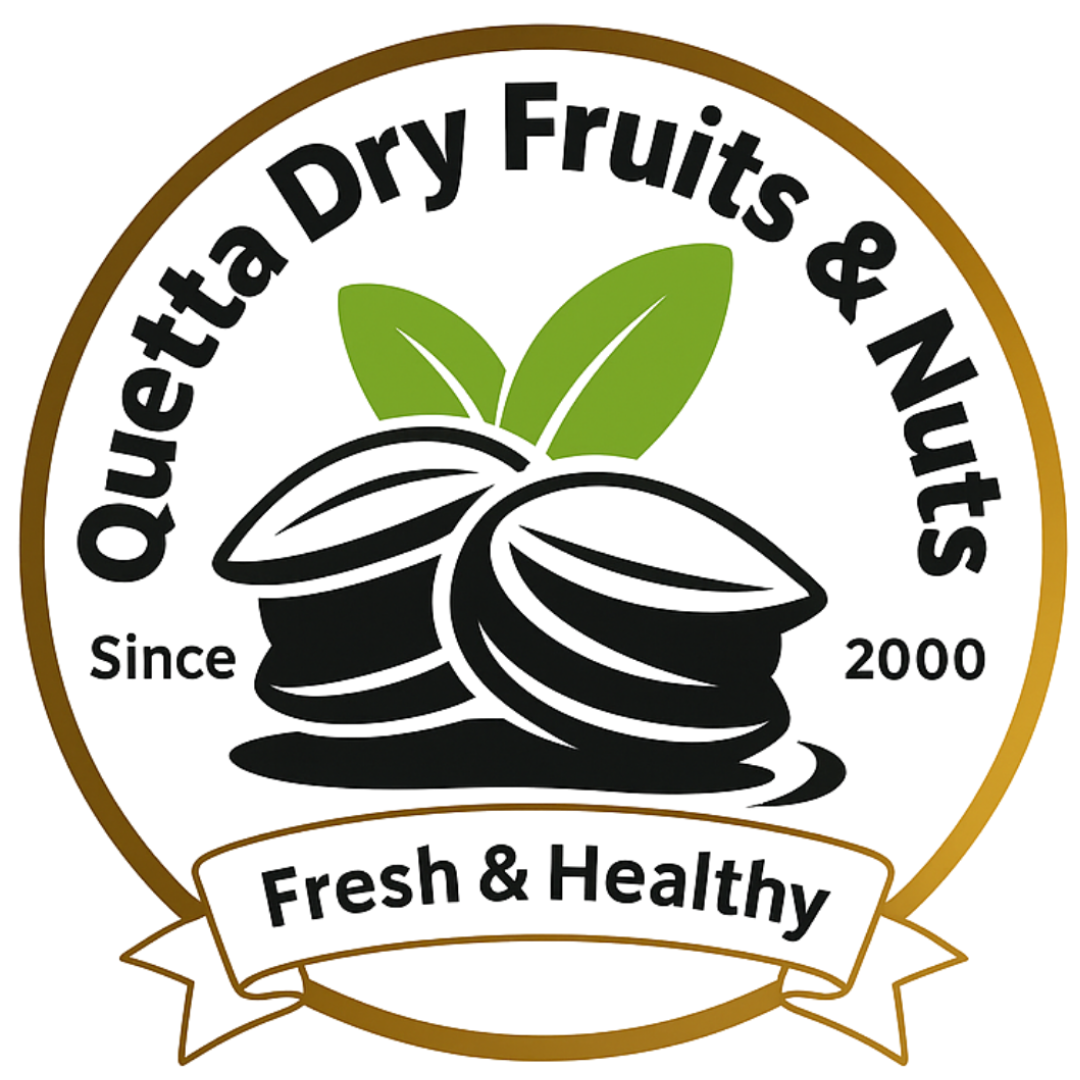Quetta Dry Fruits, a proud project of Mehtab Enterprises, has been a leader in Pakistan’s dry fruits wholesale market for over 25 years.
Premium Whole Cashew Nuts – Unsalted, Non-GMO Deluxe Quality Cashews in Pakistan | Healthy Snack Choice
Rs. 1,900
- Premium Quality: Whole, deluxe-grade cashew nuts sourced for top quality.
- Rich in Nutrients: High in healthy fats, proteins, and essential minerals.
- Versatile Snack: Enjoy as-is or use in recipes, salads, and desserts.
- Freshly Packed in Pakistan: Sealed for freshness, available conveniently on
The rich, creamy flavor of our Cashew Nuts – Unsalted Deluxe Whole Nuts from Quetta Dry Fruits. Sourced from premium quality, non-GMO farms, these raw cashews are perfect for health-conscious snackers. Enjoy them straight from the pack or incorporate them into your favorite dishes, from salads to desserts. Packed with essential nutrients and healthy fats, our cashew nuts are a delicious and versatile addition to any diet. Experience the pure taste of quality with every handful!
Size
AvailabilityIn Stock
SKUMDF-15
Warranty1 Week
BrandMehtab
Categories Whole Cashew Nuts – Unsalted
